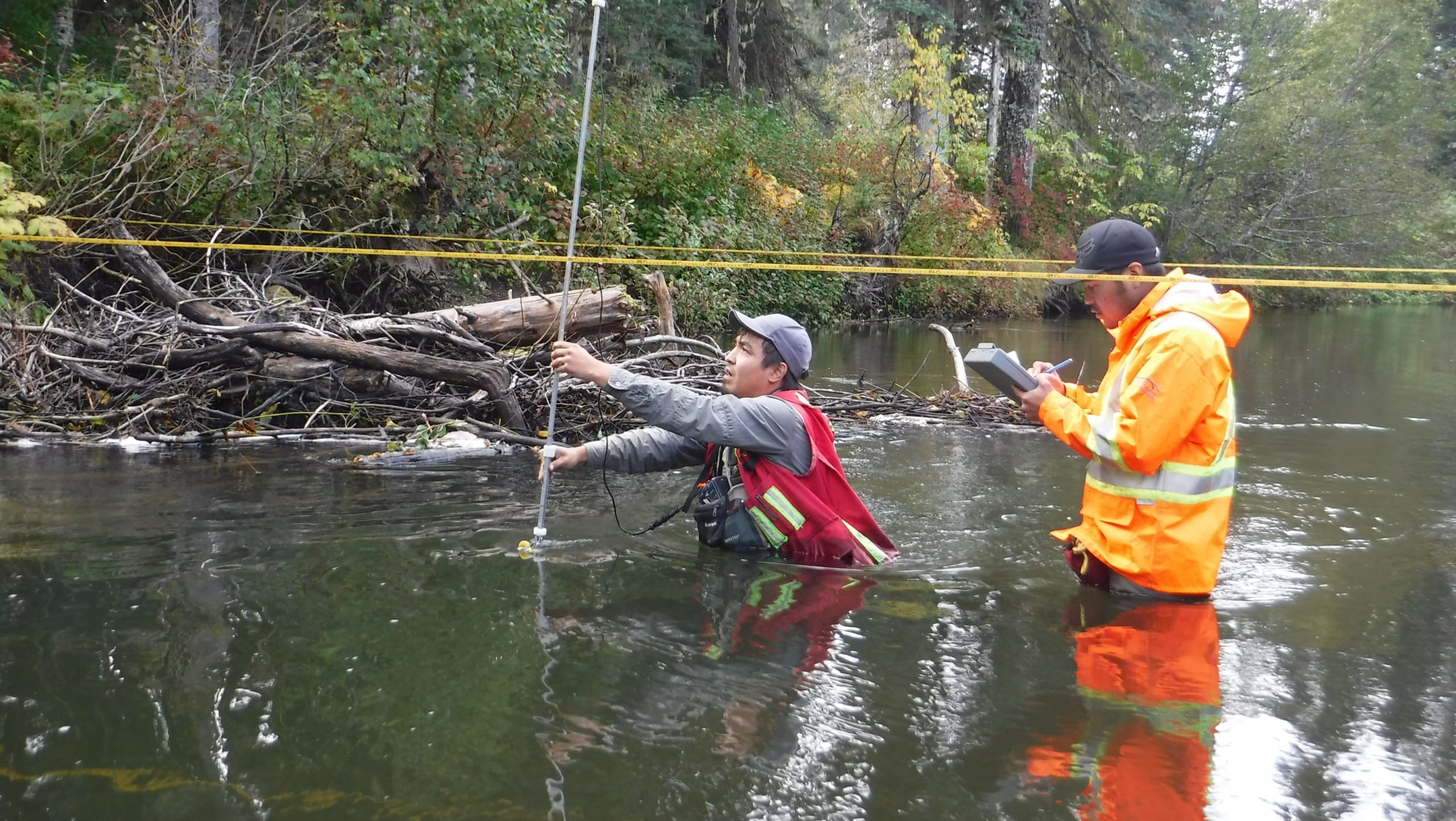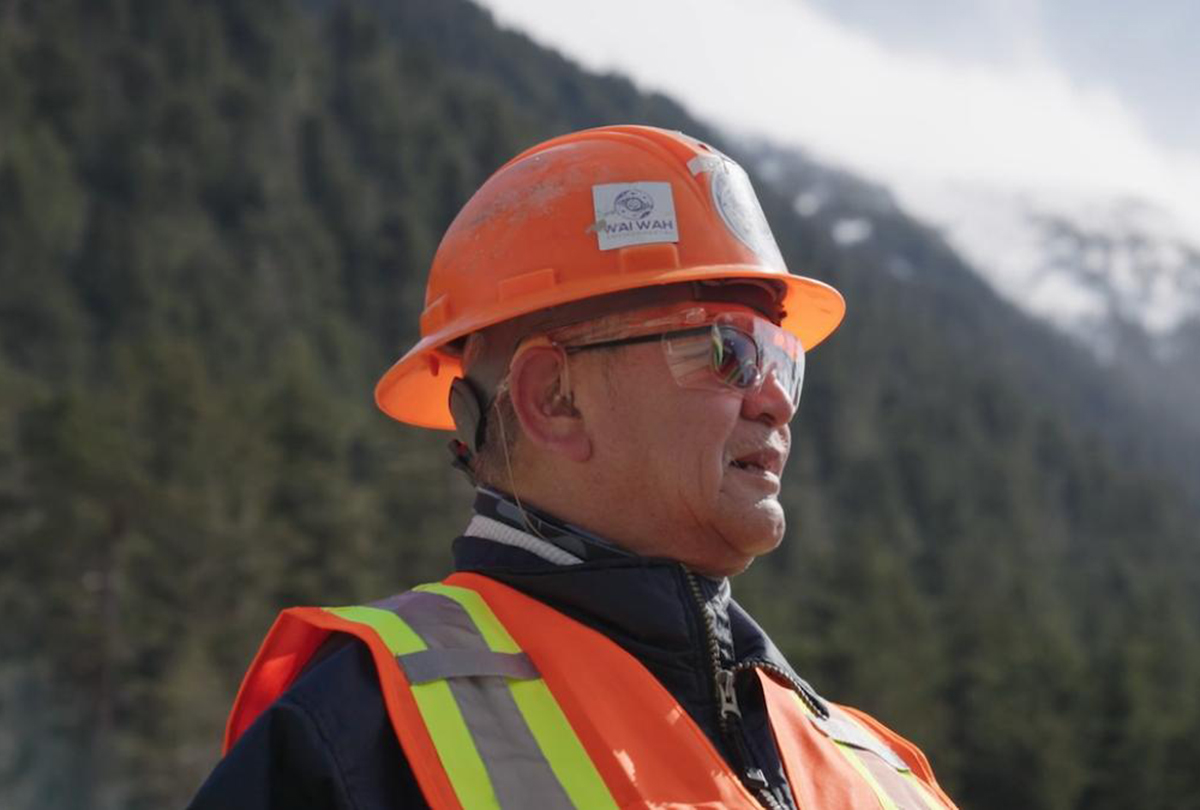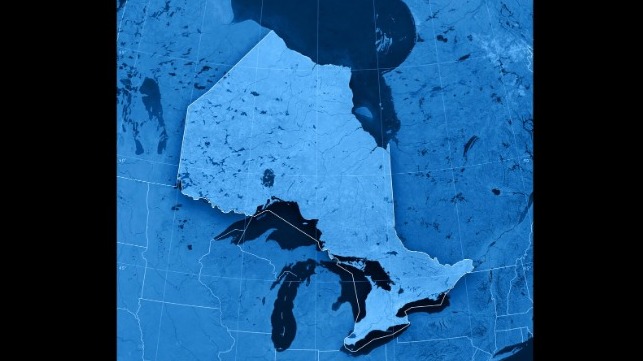THE BILL IN CONTEXT
Your committee believes Bill C-48 cannot be viewed separately from other government initiatives and legislation that, taken together, are having a ruinous effect on Canada’s resource industry and economy, most specifically in Alberta, home to Canada’s oil sands.
Your committee is cognizant of the fact that Bill C-48 was tabled on the same day that the government cancelled the Northern Gateway Pipeline project. It struck your committee as overkill to cancel a pipeline to the coast and then for extra measure, to introduce a bill that prohibits the loading and unloading of crude oil at ports or marine installations in case, by some accident and notwithstanding the cancellation of the Northern Gateway, a pipeline to those ports somehow miraculously appears.
In this regard, it is interesting to note that when the Liberals proposed a tanker ban as part of its environmental package announced on June 29, 2015, in Vancouver, ForestEthics Advocacy, an anti-pipeline group, lauded the Liberal’s proposal to formalize a tanker ban in northern British Columbia as the “final nail in the coffin” for the Northern Gateway Pipeline project.
The government that introduced Bill C-48 is the same government that added so many regulatory hurdles to the Energy East project that it made it impossible for the investor to proceed, and they walked away. They failed to take action to ensure that Kinder Morgan and the Trans Mountain expansion would proceed. It is now locked in limbo with the government refusing to identify a date on which construction will resume. They introduced Bill C-68, which industry representatives believe will put a halt to hydro projects in this country. They also introduced Bills C-55, C-81 and C-88.
They also introduced Bill C-69, a sweeping environmental assessment bill that upends the current review process in favour of a new and supposedly more rigorous one. The Senate is currently examining Bill C-69, the new Impact Assessment Act, which would set new standards for environmental assessment of projects such as new ports, new pipelines and new rail lines. Bill C-69 would require significantly more consultation with Indigenous communities, more consideration of the social and health impacts of energy infrastructure, and rigorous scientific studies of environmental impacts for new projects. Under that legal framework, no interprovincial pipeline or deep water port could go ahead without thorough consultation and study by an independent, arms-length agency. If we have faith in Bill C-69 and the new impact assessment regime, we should not undermine public confidence by imposing a ban that would short-circuit the new independent process before it starts.
Your committee is of the opinion that once Bill C-69 passes into law, if it is as advertised, it would surely make Bill C-48 unnecessary. The rigorous and far-reaching environmental standards and criteria it would impose on major projects, including pipelines, ports and marine installations would surely extend to the impact of relevant projects being developed in the area north of the 50th parallel.
Your committee is also of the opinion that Bill C-48 cannot be viewed separately from the Government of British Columbia’s decision in February 2018 to put a halt to the Trans Mountain expansion. The refusal of the federal government to exert its constitutional authority to push the pipeline through, on the basis of its interprovincial nature, cast doubt in the eyes of investors and of most Canadians – especially those in Alberta - as to the level of commitment the government had to getting any pipeline built to tidewater.
Finally, during its deliberations your committee was extremely sensitive to the economic impact of Bill C-48 and similar bills on the Canadian economy and particularly to the economies of Alberta and Saskatchewan. The Bank of Canada’s Monetary Policy Report of January 2019 noted that the 2 per cent growth in GDP in the third quarter of 2018 was largely supported by government spending and that business investment in the Canadian economy fell in that same quarter, with notable weakness in the energy sector. That sluggishness continued into the first quarter of 2019. A report in the Financial Times on April 30, 2019, noted that falling resource production was the main culprit, with the mining and oil and gas sectors down 1.6%, its sixth consecutive drop.
With this legislation, the cancelling of Energy East, and the indecision of Kinder Morgan, Saskatchewan and Alberta can only export oil to the United States, making us reliant on a foreign country (although a good neighbour). The previous President cancelled Keystone, a Canadian financed pipeline to the Gulf coast. That could happen again. Keystone is not finished yet. Outside of pipelines (the safest method for moving oil) there is only rail and truck - hardly good methods in a so-called sophisticated transportation system. This creates competition for rail capacity traffic with Western Canadian agriculture and other resources like lumber, potash and finished manufactured goods. New railroads are a long way off. This is an indefensible strategy and puts the whole country in jeopardy. More competition for rail use makes it more expensive for other users.
The illogical arguments baffle the mind. Since the logic is to prevent oil spills by reducing the amount of tanker traffic coming and going into Canada then surely Energy East would reduce tanker traffic on the St Lawrence Seaway and the East Coast and for sure the Port of Vancouver. This situation will get worse as there will be increased energy demand in Canada, making us more dependent on foreign oil, which at the moment is not exactly fan friendly oil but rather the product of regimes where few Canadians would want to live.
The government’s inability to get pipelines built and bills like C-48 and C-69 have sent a signal to investors who are staying away from Canadian energy stocks, in spite of the recent, relative recovery in Canadian oil prices.









